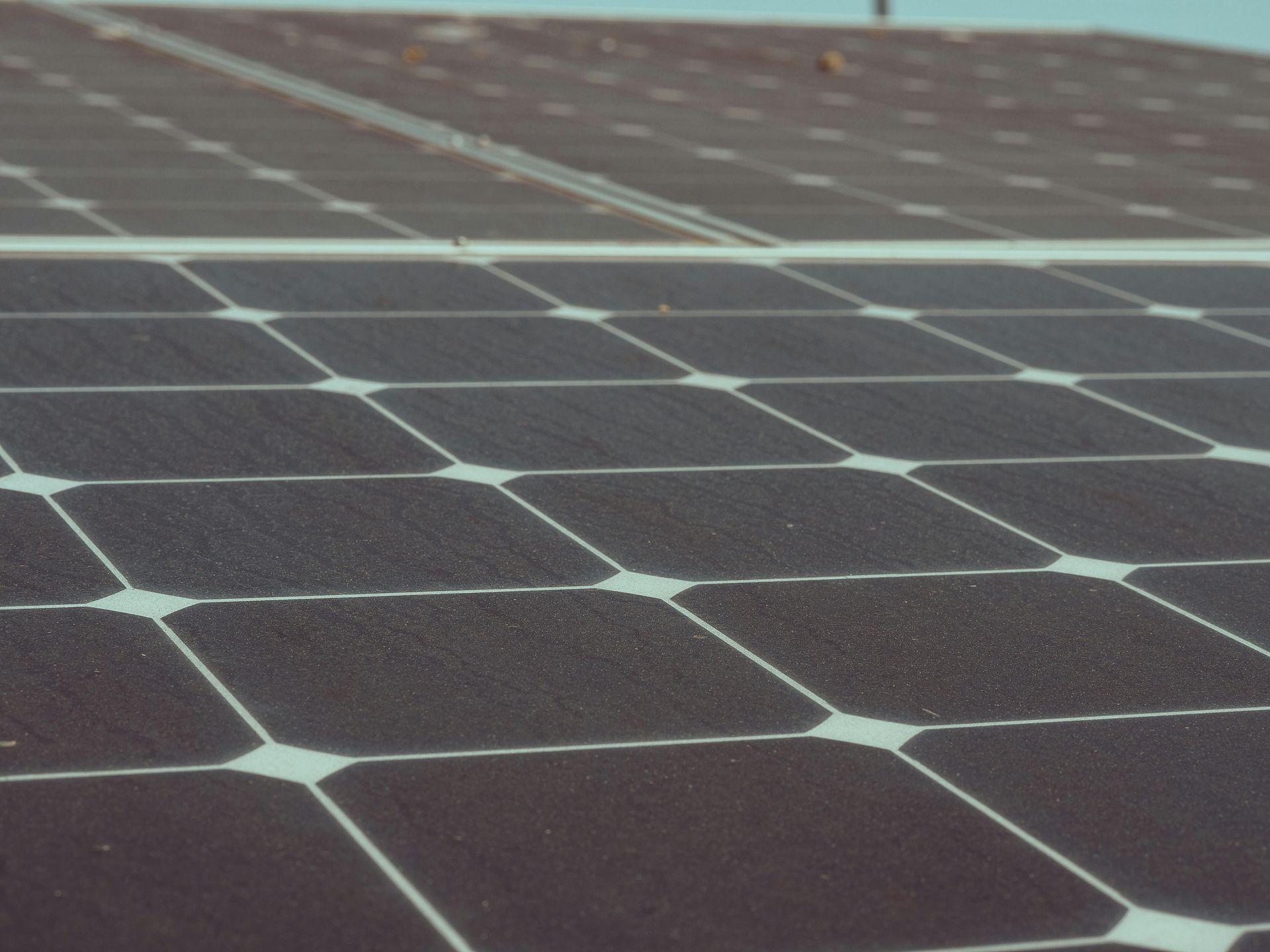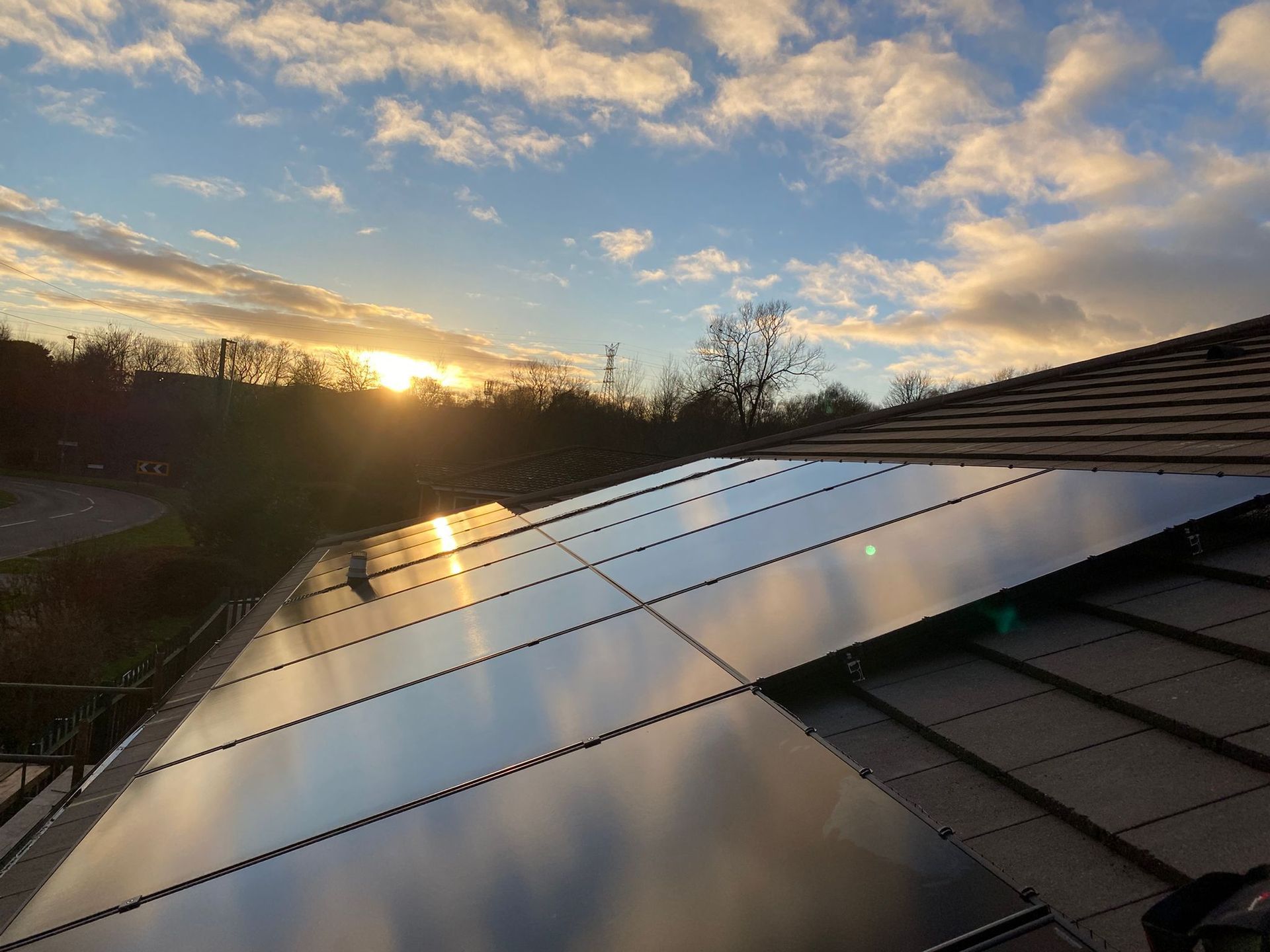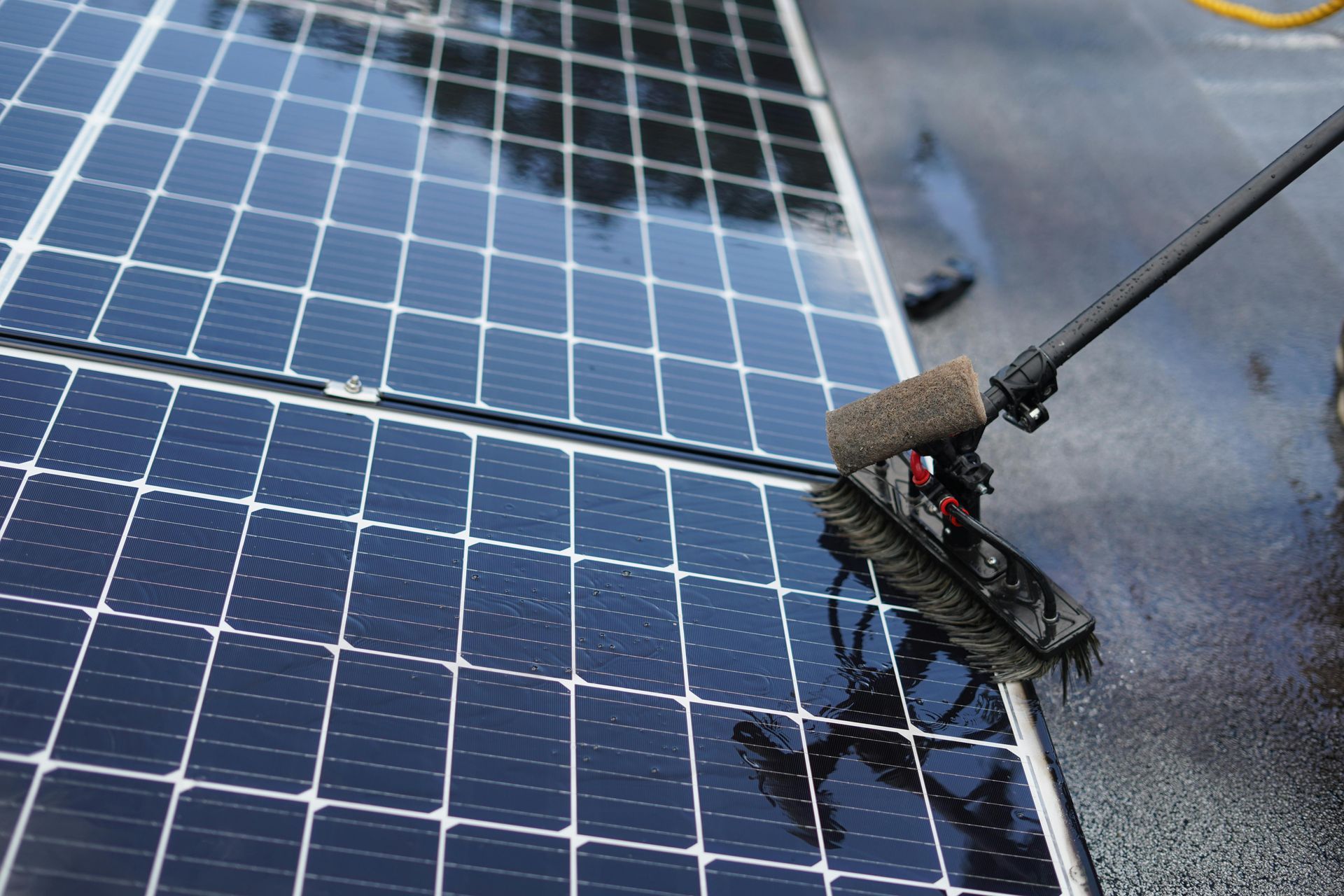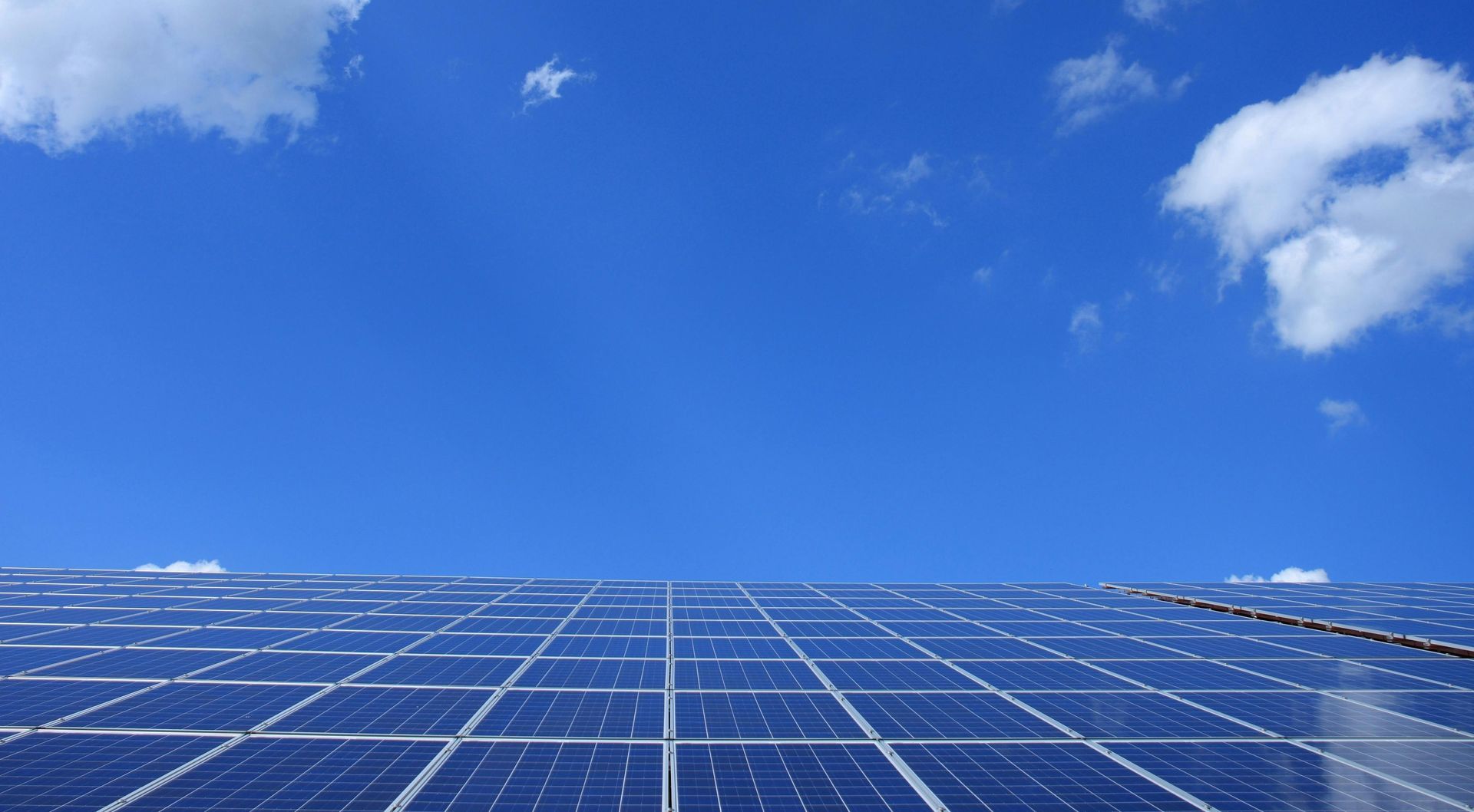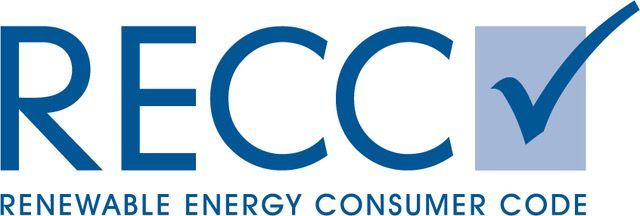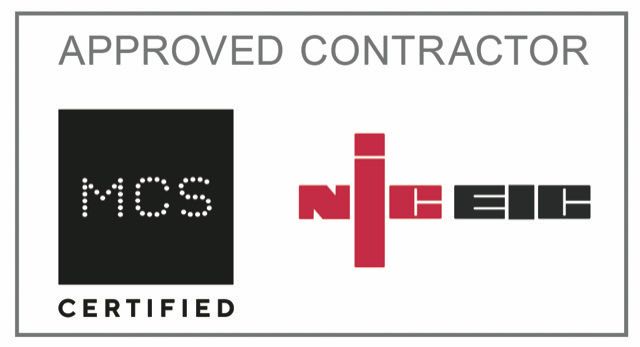How Solar Energy Lowers Your Carbon Footprint and Boosts Sustainability

In a world increasingly aware of environmental concerns, solar energy stands out as a beacon of hope for reducing our carbon footprint and enhancing sustainability. As a renewable energy source, it harnesses the power of the sun to generate electricity, offering a clean alternative to fossil fuels that significantly mitigates the environmental impact. Homeowners and environmental enthusiasts alike are turning to solar technology not only for its solar power benefits but also as a commitment to a greener lifestyle. By investing in solar panels, you not only embrace sustainability but also contribute to a future where renewable energy is the norm.
The Role of Solar Technology
Solar technology harnesses the sun's energy to generate clean electricity. This process involves photovoltaic cells that convert sunlight directly into electrical power, offering a sustainable alternative to fossil fuels.
The efficiency of solar panels has improved dramatically in recent years, with some models now converting up to 22% of sunlight into usable energy. This increased efficiency means more power from fewer panels, reducing the overall environmental footprint of solar installations. Additionally, solar technology extends beyond just electricity generation. Solar thermal systems can heat water and provide space heating, further reducing reliance on non-renewable energy sources.
Reducing Your Carbon Footprint
Adopting solar energy significantly reduces your carbon footprint. By generating clean electricity, solar panels help decrease reliance on fossil fuels and lower greenhouse gas emissions. A typical residential solar panel system can offset about 3-4 tonnes of carbon emissions annually. This is equivalent to planting over 100 trees each year or taking a car off the road for several months. The carbon payback period for solar panels – the time it takes for the panels to offset the emissions from their production – is typically 1-4 years, depending on the location and type of system. After this period, solar panels continue to provide clean energy for decades, making them a highly effective tool for long-term carbon reduction.
Advancements in Renewable Energy
Renewable energy technologies, particularly solar power, have seen remarkable advancements in recent years. These innovations are making solar energy more efficient, affordable, and accessible to a wider range of users. One significant advancement is the development of bifacial solar panels, which can capture sunlight from both sides, increasing energy production by up to 30%. This technology is particularly useful in areas with high ground reflectivity, such as snowy regions or areas with light-coloured surfaces.
Another exciting development is the integration of solar cells into building materials, known as Building Integrated Photovoltaics (BIPV). This technology allows solar panels to be seamlessly incorporated into roofs, windows, and facades, turning entire buildings into power generators without compromising aesthetics.
Long-term Impacts on Eco-friendly Living
The adoption of solar energy has far-reaching impacts on eco-friendly living, extending well beyond the immediate reduction in carbon emissions. These long-term effects contribute to a more sustainable lifestyle and a healthier planet.
One significant impact is the reduction of water usage in electricity generation. Traditional power plants require vast amounts of water for cooling, whereas solar panels need minimal water for maintenance. This conservation of water resources is particularly crucial in water-stressed regions. Solar energy also promotes energy independence and resilience. By generating power locally, communities can reduce their reliance on centralised power grids, which are vulnerable to disruptions from natural disasters or other emergencies.
In addition, the widespread adoption of solar energy creates jobs in the renewable energy sector, fostering economic growth alongside environmental benefits. This green job creation supports sustainable economic development and helps transition communities away from fossil fuel-dependent industries.
Implementing Solar Solutions at Home
Implementing solar solutions at home is a practical way to contribute to sustainability efforts. Here are some tips on choosing the right solar panels and integrating solar energy with EV charging for a comprehensive eco-friendly home energy system.
Choosing the Right Solar Panels
Selecting the appropriate solar panels for your home is crucial for maximising energy production and ensuring long-term satisfaction with your investment. Consider the following factors when making your choice:
- Efficiency: Look for panels with high efficiency ratings, typically between 15-22%. Higher efficiency means more power generation in limited space.
- Durability: Choose panels with robust warranties, ideally 25 years or more, to ensure long-term performance and reliability.
- Type: Monocrystalline panels are generally more efficient but costlier, while polycrystalline panels offer a good balance of cost and efficiency.
- Size and output: Calculate your energy needs and available roof space to determine the appropriate size and number of panels required.
Remember to consult with a professional solar installer who can assess your specific situation and recommend the best solution for your home.
Integrating Solar Energy with EV Charging
Combining solar energy with electric vehicle (EV) charging creates a powerful synergy for sustainable living. This integration allows you to power your transportation needs with clean, renewable energy, further reducing your carbon footprint. To effectively integrate solar energy with EV charging, consider installing a Level 2 EV charger alongside your solar panel system. This setup allows for faster charging times and can be programmed to charge your vehicle during peak solar production hours.
Smart energy management systems can optimise the use of solar energy for both home power needs and EV charging. These systems can prioritise charging when excess solar energy is available, ensuring maximum utilisation of your clean energy production. By pairing solar panels with EV charging, you not only reduce your reliance on grid electricity but also create a more resilient and sustainable energy ecosystem for your home and transportation needs.
If you have more questions on solar energy or are simply looking into the installation of solar panels at your home, get in touch and we'll be happy to provide the answers and help you.

